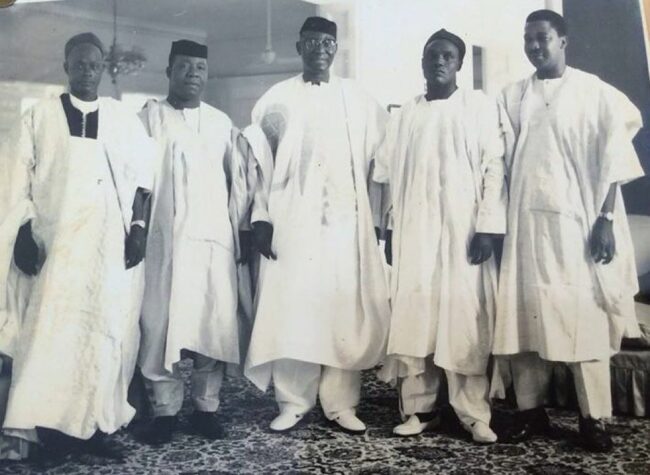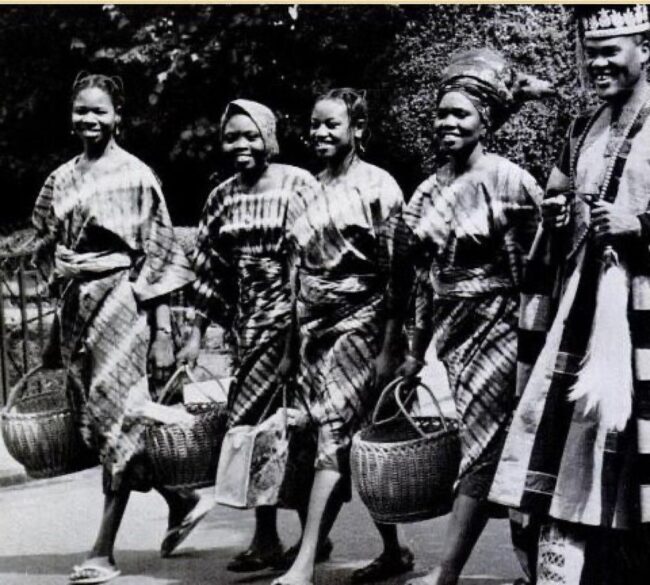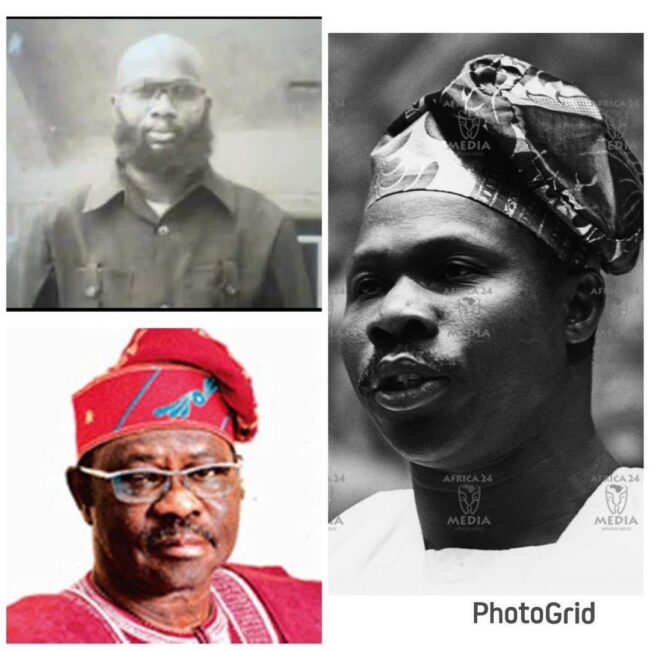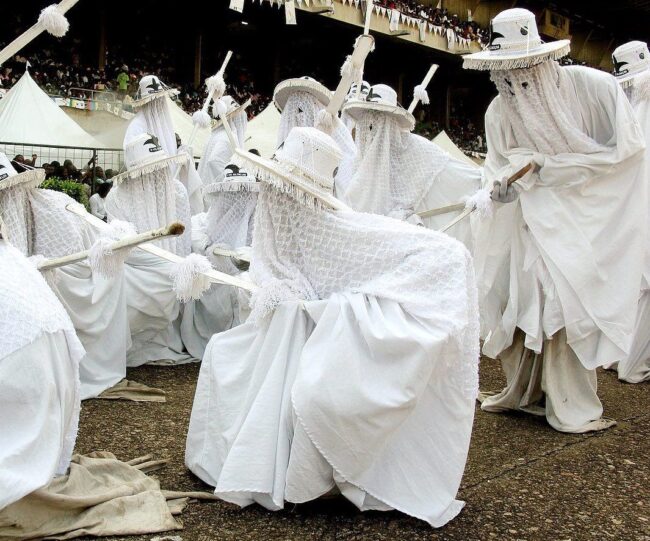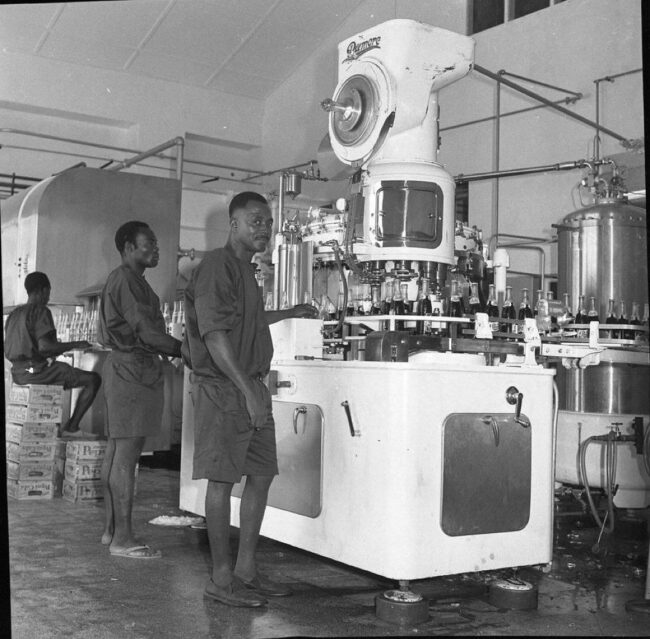The Adimu Orisa Play, popularly known as the Eyo festival in Lagos, Nigeria, has been performed for a very long time—possibly far longer than most Lagosians can ever comprehend.Eyo is a Lagos, Nigeria-specific Yoruba celebration. Due to its historical significance, it is currently hosted by the people of Lagos as a tourist attraction and is customarily performed on Lagos Island. The term “Eyo” also describes the masquerades, or costumed dancers, who perform throughout the event. The origins of this celebration can be traced back to the inner workings of Lagos’s secret organizations. The Eyo celebration was originally held to welcome the soul of a deceased Lagos King or Chief and to celebrate a new king. Most people think that the play is one of the expressions of the traditional African celebrations that served as the model for Brazil’s current carnival. On Eyo Day, a parade from Idumota to the Iga Idunganran palace is made possible by the closure of the major route through the city,which runs from Tinubu Square to the end of Carter Bridge. In Yoruba, the white-clad Eyo masquerades are known as “agogoro Eyo” (literally, “tall Eyo”), and they symbolize the spirits of the dead. In the past, Iperu was claimed as the source, cradle, and origin of Eyo in Nigeria and the rest of the globe by OGUN state. In Iperu Akesan, there are five distinct branches or varieties of Iga Eyo. Each of the families’ names and Iga of Eyo’s represents Iga Agbonmagbe, represented by a blue éyo cap, and Iga Pakerike, represented by a red cap. Iga éyo Odoru Mogusen/Amororoo Iga Éyo Iga éyo Fibigbuwa. The Iga éyo Pakeriké is the main source of éyo in Iperu, with the remaining four coming from the Iperu Royal Houses. Their white clothing is referred to as “Aropale.” The name of the palm stick is “Opambata.” The Opambata’s appearance is a significant ritual that starts one week before to the day of the Eyo celebration. History has shown us that Eyó was originally brought to Lagos to amuse an in-law, but it is now a more widely observed holiday in Lagos. History also states that in order for his younger sibling Erelu Kuti, who is childless, to become pregnant, the then-Oba of Lagos,…

